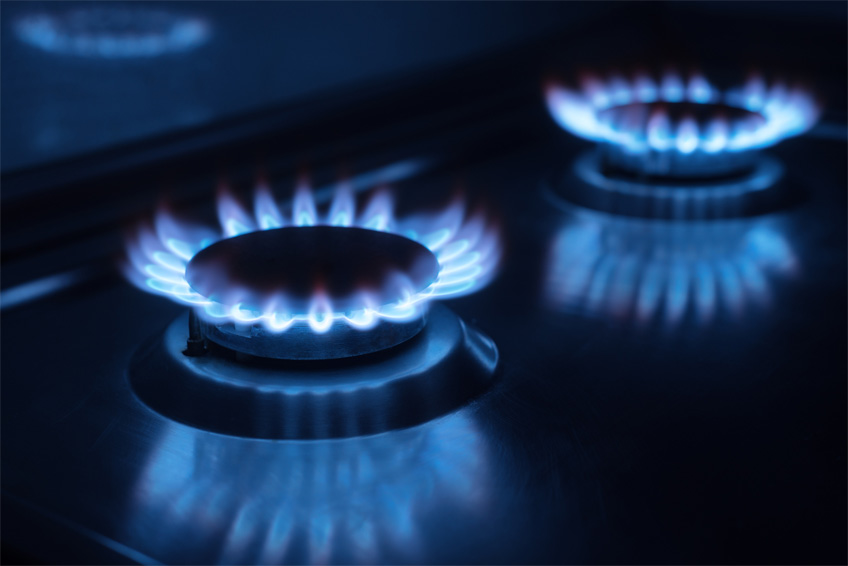The City and County of Denver adopted a new set of building, fire, and “green” codes in 2022 as part of three planned updates scheduled through 2027. In discussing implementation of the new rules, the city council voted to delay requiring residents to electrify their homes…for the time being, at least.
For now, the new regulations will only apply to commercial and multifamily buildings larger than 25,000 square feet. But under the new rules, starting in March, commercial and multifamily contractors will no longer get “quick permits” for replacing certain gas-fired heating and cooling systems. Instead, permits for “like for like” replacements such as swapping a gas range for electric will be the same as those required for heat pumps, requiring a more detailed (and expensive) process.
According to a recent article in the Denver Gazette, more changes are coming in 2025 and 2027, including stricter requirements on gas-fired furnace replacement. In 2025, any replacement of a gas-fired furnace must be with an electrical system. By 2027, the code will require 50% of replacements of gas-fired heating systems to be electric.
While officials say they don’t want people to have to pay for replacing “perfectly good” gas appliances currently, they hinted at the council meeting that extending the code requirements to all residential properties is still under consideration.
There Will be Pain
As noted in the Gazette article, electrifying a city the size of Denver will mean greatly increased electricity consumption and high conversion costs. Switching existing gas- and coal-fired power plants to renewable energy sources is an expensive and time-consuming process and the renewable energy sources currently available are insufficient and unreliable. As technology improves, better renewable sources are bound to become available, but still at a cost, one that will likely be borne by consumers.
Even if cost-effective solutions are found, the current electrical grid will need to be massively upgraded to carry the added load. That will also be expensive and time-consuming, and again, the cost will be passed along to customers and taxpayers one way or another. And it won’t be cheap.
In a report issued last June, the American Cornerstone Institute analyzed the costs of
adopting so-called “green” building codes for each new residential building at between $6,450 and $22,352. When Black Hills Energy, a regional utility that serves mostly smaller communities in Colorado and surrounding states, examined the potential costs of full electrification of Rocky Ford, Colorado, a town of fewer than 4,000 people, they estimated it would be between $46.5 million and $53.8 million, roughly $12,500 per person. For a city the size of Denver with a population of roughly 700,000, that comes to $8.75 billion.
Soothing the Pain
If you want (or need) to replace your gas heating or other gas-fired appliances, the city's Climate Action, Sustainability and Resiliency department is offering rebates that can be combined with other incentives available from Xcel Energy and the federal government, which electrification advocates say will ease the cost of transitioning away from gas appliances.
Going Electric? It’s Time to Call a Pro
“Going electric” can be complicated and expensive. If not done carefully, it can cost more than money—it can pose serious risks to both your property and the precious things it houses.
Let Allstar Electrical Services help you assess the costs and benefits of such a move, including how to take full advantage of the various federal, state, and local programs to keep your costs to a minimum. Give us a call at 303.399.7420 or visit our website. We’re top-rated by the Better Business Bureau and a preferred contractor by Angi’s Home Advisor. We’re ready to work with you to get the results you expect and deserve.


